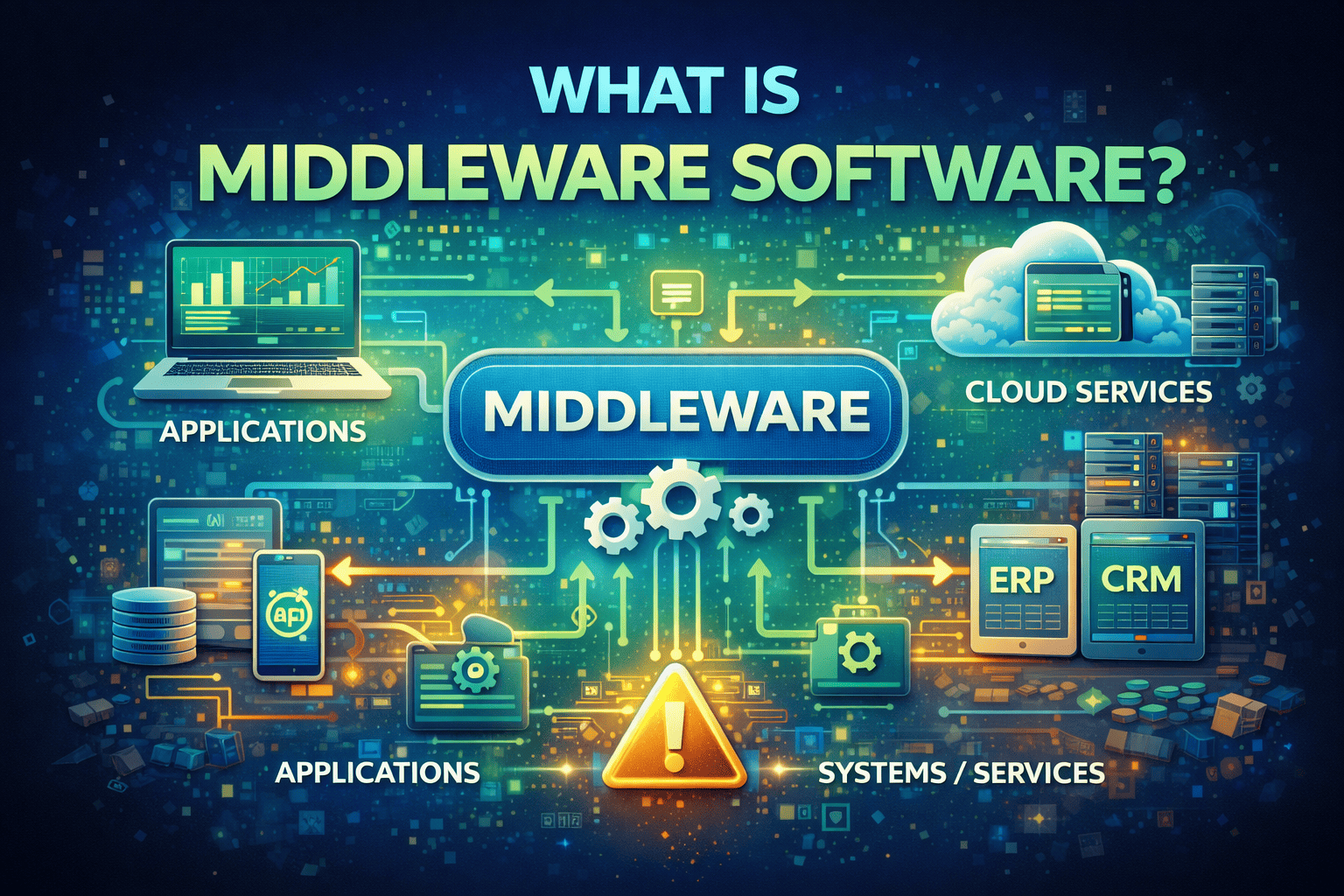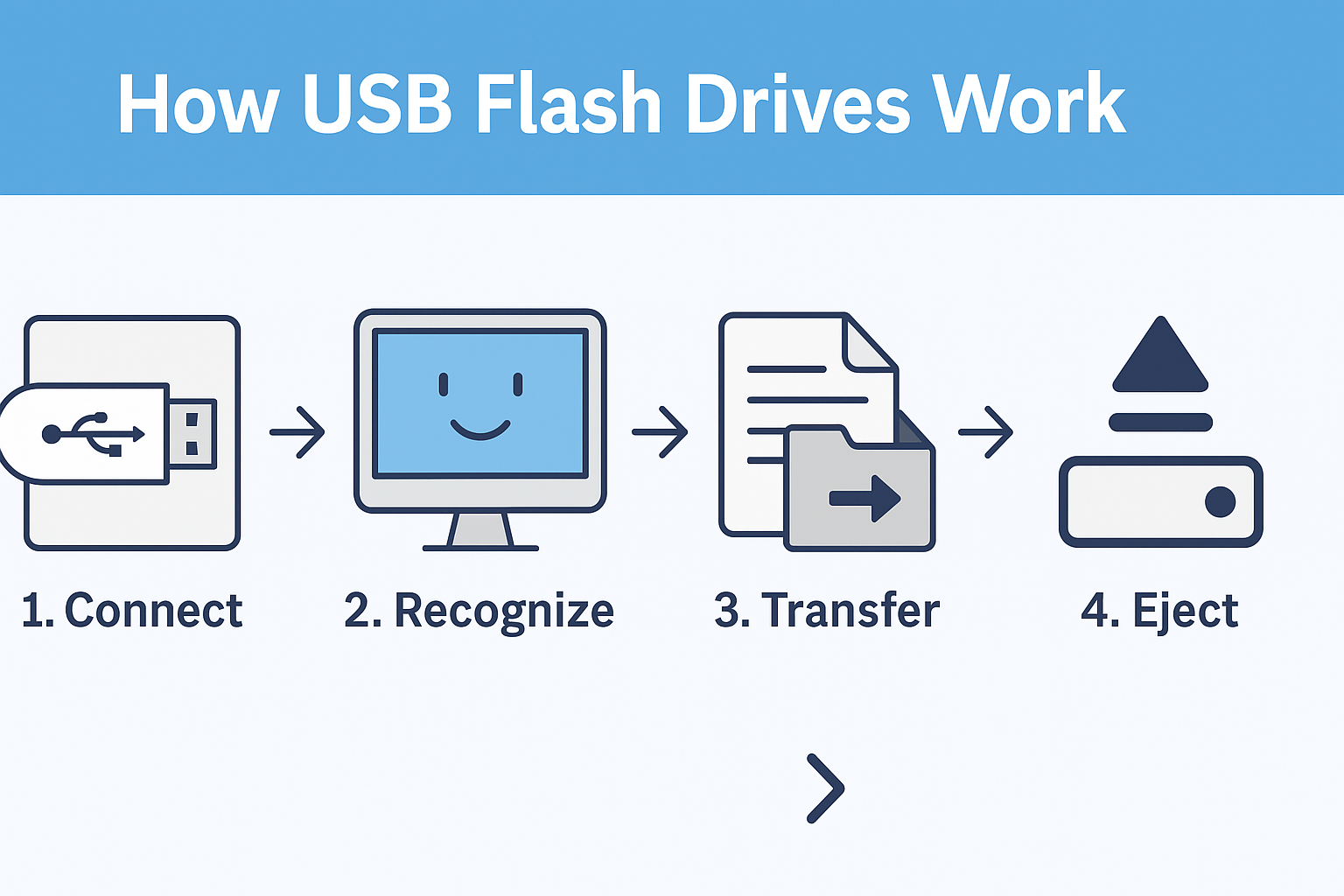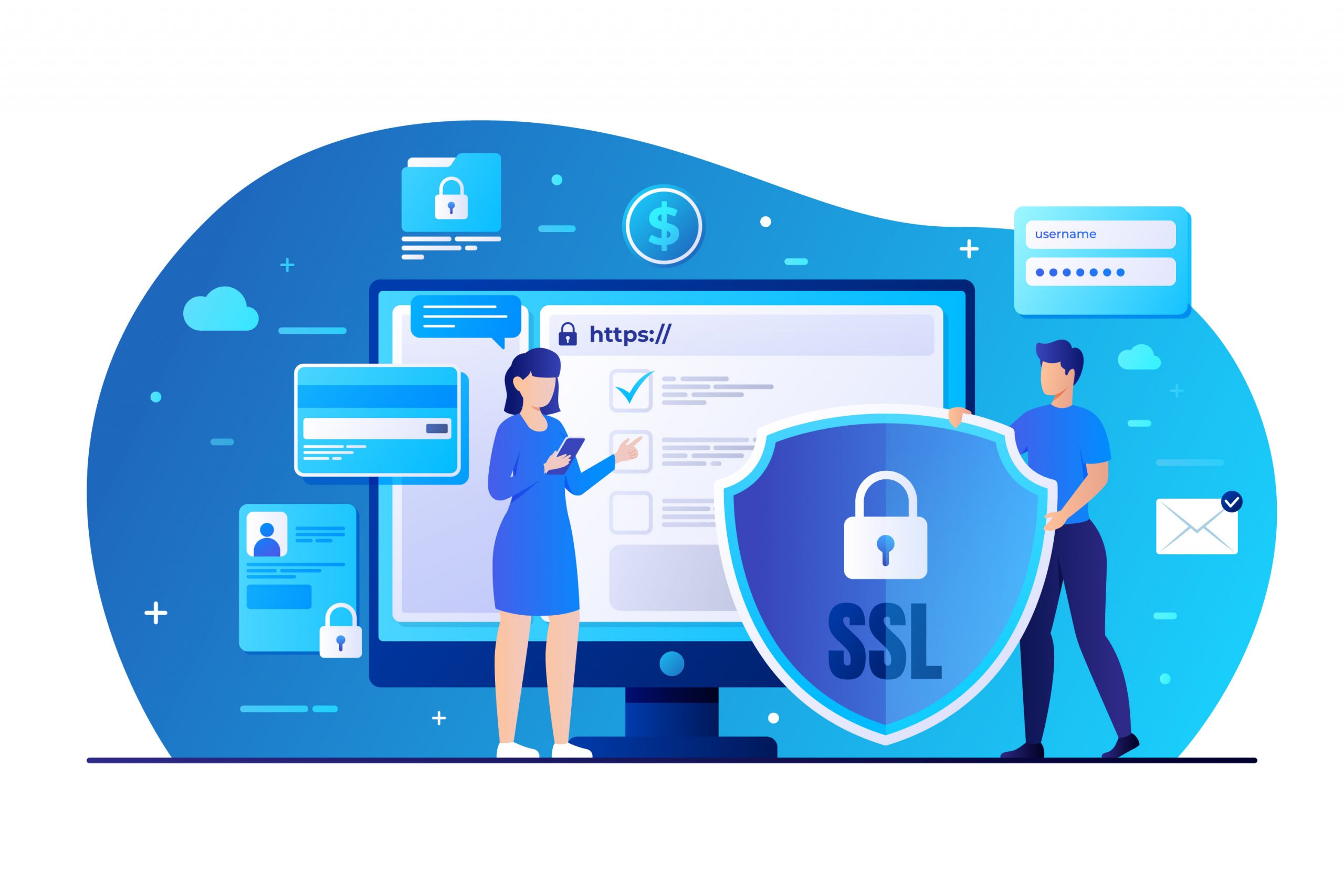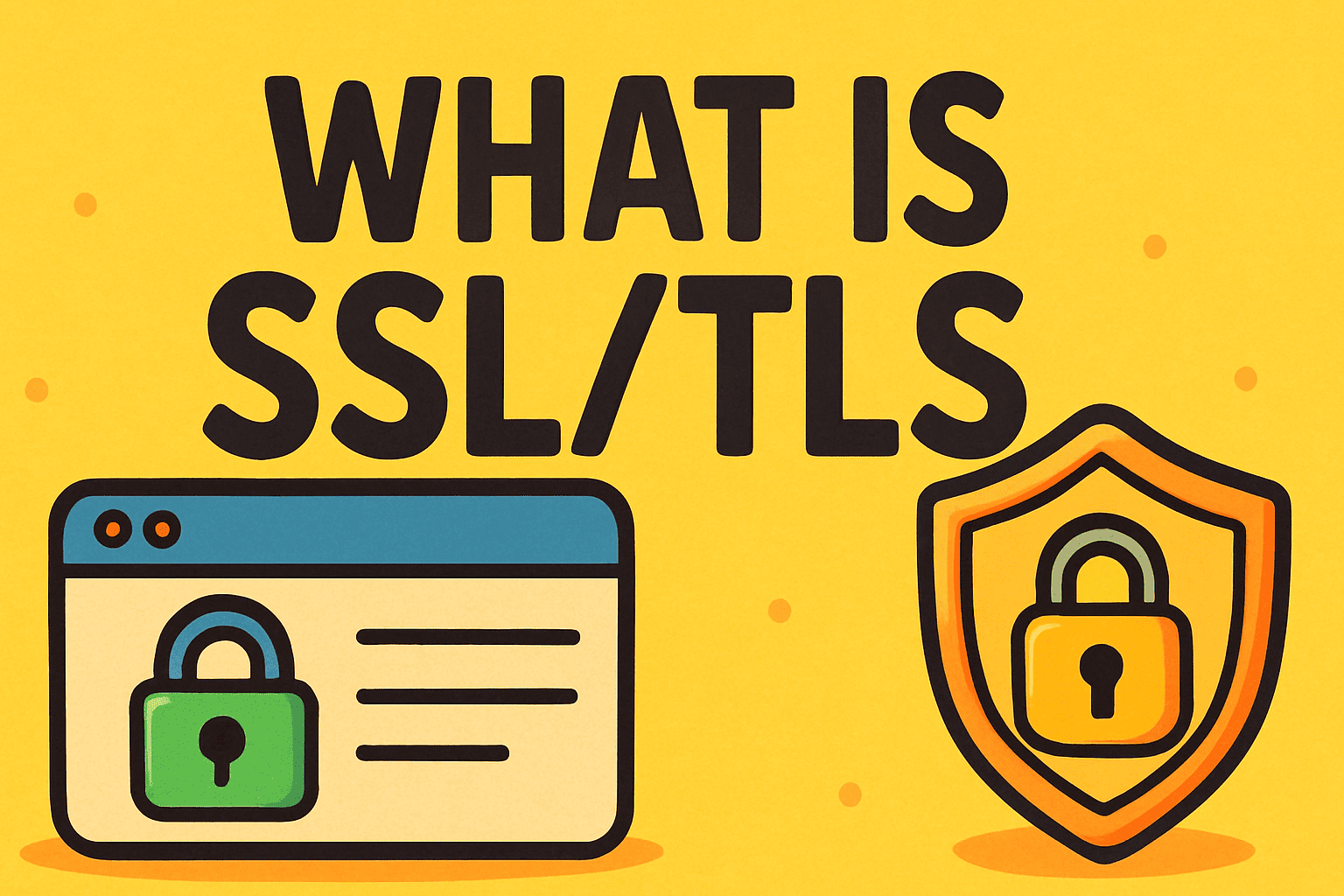What Is an IP Address? Understanding the Backbone of Online Identity
Updated on June 20, 2025, by Xcitium
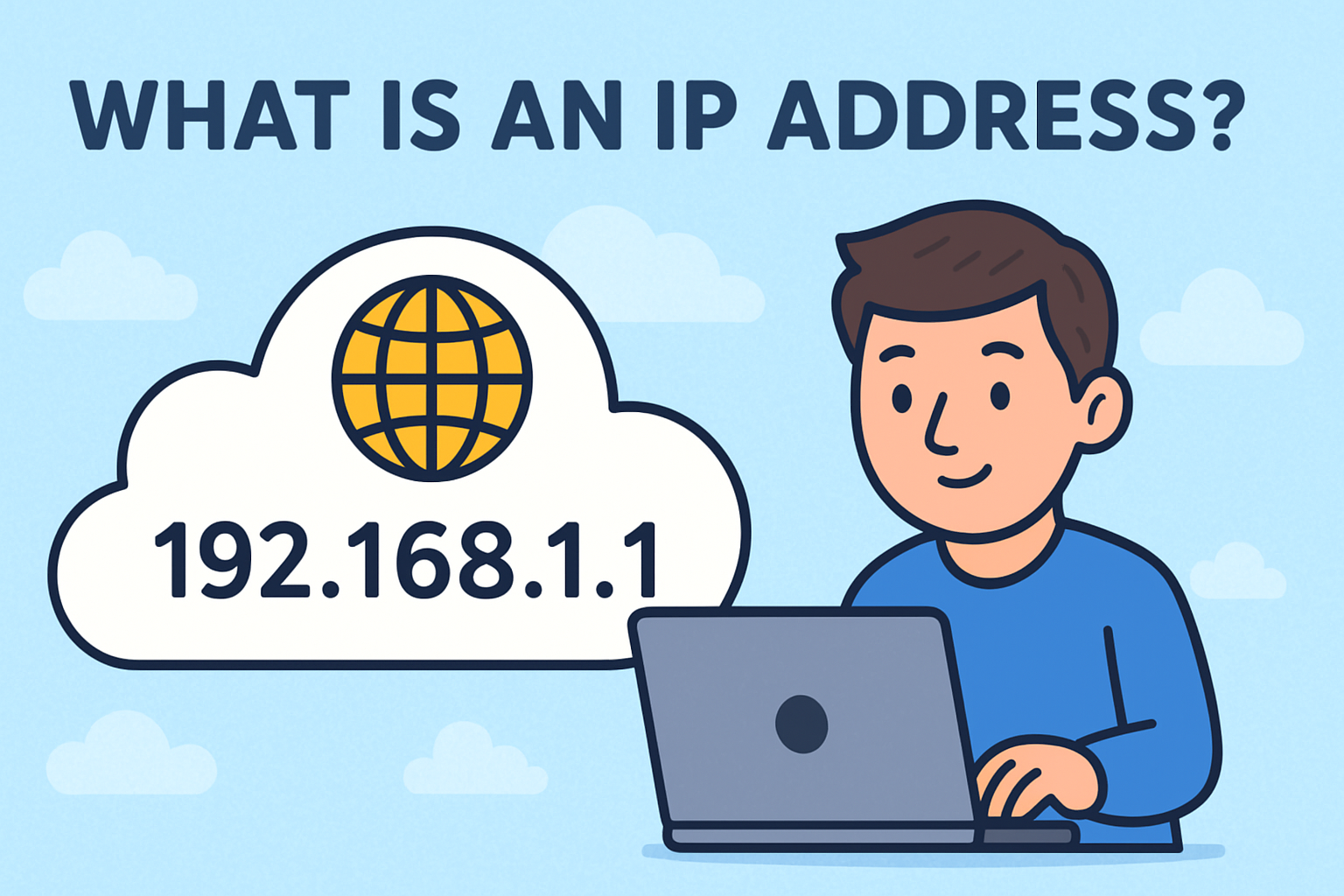
Have you ever wondered “What is an IP address and why does it matter to me?” Whether you’re an IT manager securing your network, a CEO overseeing digital infrastructure, or just someone curious about online privacy, your journey starts here. The term “IP address” is more than tech jargon—it’s the digital ID card your devices use to talk to each other across the vast internet.
In this article, we’ll explore the meaning of an IP address, its different types, and why understanding it is crucial for cybersecurity and effective network management. We’ll also touch on how to find my IP address, use IP address lookup tools, and understand private IP address ranges with IP address examples.
What Is an IP Address? (Primary Keyword)
An IP address, or Internet Protocol address, is a unique string of numbers separated by periods (IPv4) or colons (IPv6) that identifies each device connected to a computer network. It functions much like your home address but in the digital world. It tells other devices where to send and receive data.
There are two main types of IP addresses:
- IPv4: Example: 192.168.1.1 (32-bit address, widely used)
- IPv6: Example: 2001:0db8:85a3:0000:0000:8a2e:0370:7334 (128-bit address, newer and designed to replace IPv4)
Why IP Addresses Are Essential in Cybersecurity
IP addresses play a central role in digital communication and cybersecurity. Here’s why they matter:
- Network Identification: Determines which device is sending/receiving data
- Geolocation: Reveals approximate physical location
- Access Control: Enables blocking or allowing devices
- Audit Trails: Useful in forensic investigations
When cybersecurity professionals run an IP address lookup, they gather essential information about a device’s behavior, helping to mitigate threats quickly.
Types of IP Addresses Explained
1. Private vs. Public IP Address
- Public IP Address: Assigned by your ISP and visible on the web.
- Private IP Address: Used within internal networks (home or office LANs).
Common Private IP Address Ranges:
| Range | Description |
| 10.0.0.0 – 10.255.255.255 | Large organizations |
| 172.16.0.0 – 172.31.255.255 | Medium-sized networks |
| 192.168.0.0 – 192.168.255.255 | Home/small office networks |
2. Static vs. Dynamic IP Address
- Static: Manually assigned and fixed.
- Dynamic: Assigned by DHCP, can change over time.
How to Find My IP Address (Secondary Keyword)
Here are simple methods to locate your device’s IP:
For Windows:
- Press Win + R and type cmd
- Type ipconfig
- Look for “IPv4 Address”
For Mac:
- Go to System Preferences
- Click Network
- Select your active connection to see the IP
For Smartphones:
- Navigate to Settings > Wi-Fi > Your Network
Or use online tools like:
- https://whatismyipaddress.com
- https://ipinfo.io
IP Address Lookup: What Can It Reveal?
An IP address lookup allows you to trace:
- Geolocation (city, country)
- ISP (Internet Service Provider)
- Hostname
- Whether it’s a proxy or VPN
This is particularly useful for:
- Identifying malicious traffic
- Compliance and audit
- Blocking suspicious users
Real-World IP Address Example Scenarios
Here are a few practical cases:
- E-commerce Security: Block regions with high fraud rates.
- Remote Work Management: Ensure only trusted IPs access internal portals.
- Digital Marketing: Tailor content based on geolocation data.
Why Understanding IP Address Meaning Matters to Business
For IT managers, CEOs, and digital security professionals, knowing the IP address meaning enhances decision-making:
- Threat Response: Quickly isolate compromised devices.
- Network Optimization: Allocate IP ranges efficiently.
- Compliance: Ensure GDPR or CCPA data tracking aligns with privacy laws.
Quick Tips for IP Address Management
- Use DHCP for dynamic assignments, but reserve static IPs for servers
- Regularly audit connected IPs in your network
- Consider using an IPAM (IP Address Management) tool
- Monitor for IP address conflicts
FAQs About IP Addresses
Q1: How do I find my IP address?
Use the ipconfig command (Windows) or network settings (Mac/mobile). Online tools like “WhatIsMyIP” also help.
Q2: Can someone track my location with my IP?
Yes, approximately. IP address lookup can reveal city and ISP but not precise home addresses.
Q3: What is an example of a private IP address?
192.168.0.1 is a common private IP, used in home networks.
Q4: What happens if two devices have the same IP?
This causes an IP conflict, leading to network connectivity issues.
Q5: What’s the difference between IPv4 and IPv6?
IPv4 uses 32-bit addresses, while IPv6 uses 128-bit, allowing more unique combinations.
Final Thoughts: Why IP Knowledge Is Power
Understanding what is an IP address empowers you to better manage your network, enhance your organization’s security, and protect digital assets. From IP address lookup tools to recognizing private IP address ranges, every byte of knowledge builds a safer and more efficient tech ecosystem.
Ready to take your network security to the next level?
👉 Request a Demo with Xcitium and see how advanced threat intelligence can elevate your IP protection strategy.






